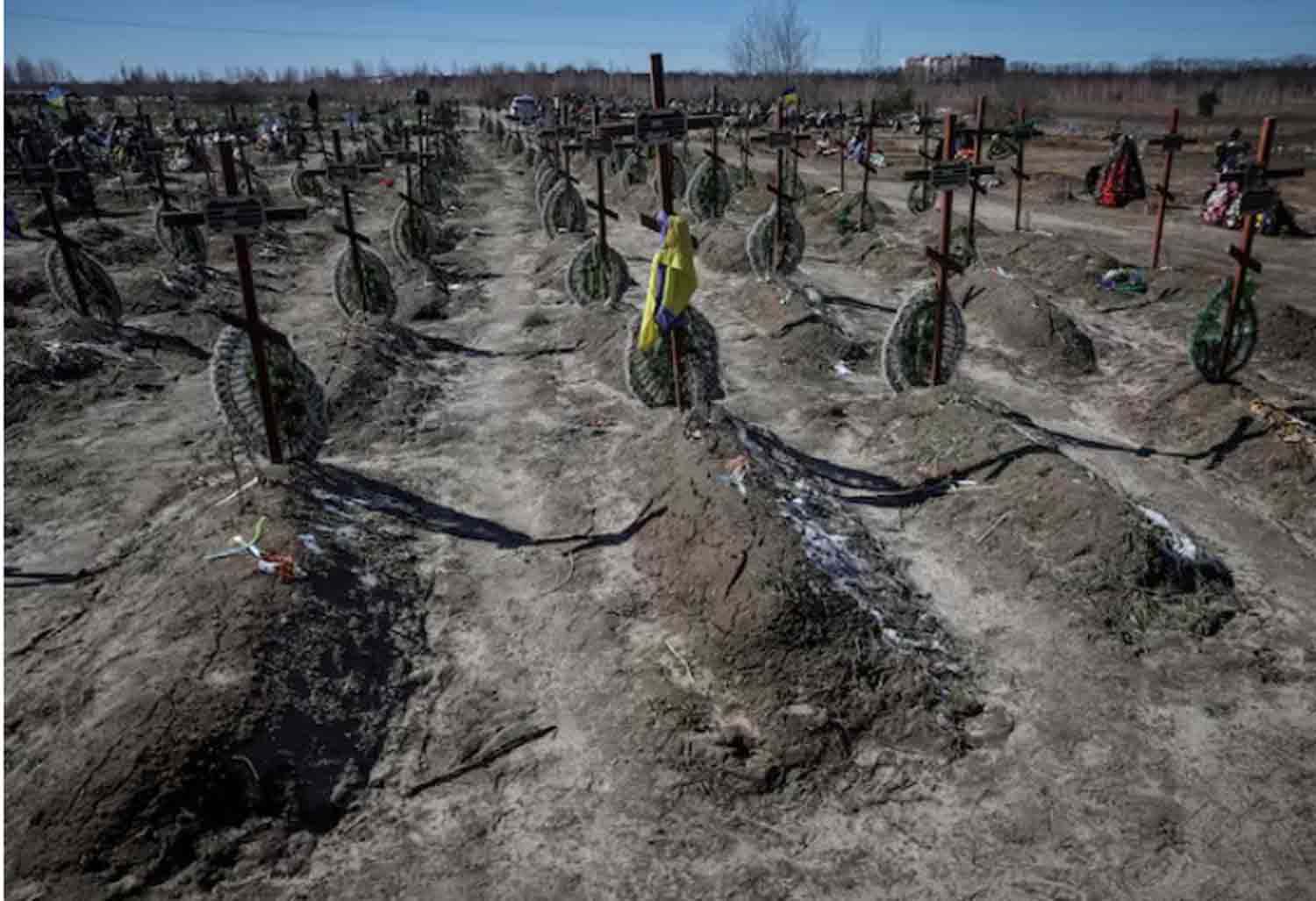South Africa responded on Monday to criticisms of its land expropriation policy from U.S. President Donald Trump and his South African-born billionaire supporter, Elon Musk. Trump had stated that he would halt funding to South Africa over the issue, claiming without evidence that “South Africa is confiscating land” and that “certain classes of people” are being treated “very badly.”
“I will be cutting off all future funding to South Africa until a full investigation of this situation has been completed!” Trump declared.
In response, South African President Cyril Ramaphosa asserted that the government had not seized any land and expressed his willingness to engage with Trump to clarify the situation. According to the latest U.S. government data, the United States allocated nearly $440 million in assistance to South Africa in 2023, with $315 million specifically designated for HIV/AIDS programs.
Ramaphosa noted that U.S. funding constituted 17% of South Africa’s HIV/AIDS initiative, emphasizing the country’s reliance on this support without any other significant funding from the U.S.
Last month, Ramaphosa enacted a law aimed at facilitating land expropriation for public interest purposes, despite some opposition within his ruling coalition. This legislation seeks to rectify the significant racial inequalities in land ownership that have persisted since the end of apartheid in 1994. The presidency clarified that the newly established Expropriation Act is not a tool for confiscation but rather a constitutionally mandated legal process designed to ensure equitable public access to land in accordance with the constitution.
The issue of land reform in South Africa is deeply intertwined with the political landscape, stemming from the historical injustices of colonialism and apartheid, during which Black individuals were stripped of their land and denied property rights.
MUSK INTERVENES
Elon Musk, the wealthiest individual globally and a South African-born U.S. citizen with significant influence, including over 200 million followers on the X social media platform he owns, quickly entered the conversation.
“Why do you have openly racist ownership laws?” he questioned in a post on X, in response to President Ramaphosa’s statement. His comments appeared to imply that white individuals were the targets of the racism he criticized. Ramaphosa’s spokesperson, Vincent Magwenya, encouraged Musk to engage in a constructive dialogue with the South African president. “My brother, you would understand that due to a devastating legacy of centuries of oppressive and brutal colonialism and apartheid, our constitution aims to rectify the injustices of the past,” he stated.
The Expropriation Act stipulates specific conditions that must be satisfied before land can be expropriated, such as the presence of long-term informal occupants, the land being unused and held solely for speculation, or being abandoned. Following Trump’s comments, South Africa’s rand experienced a nearly 2% decline against the dollar early on Monday, with stocks and the benchmark government bond also suffering losses. Charles Robertson, an emerging markets expert at FIM Partners, noted that African nations are relatively well-equipped to endure criticism from Trump, as the United States is a less significant investor compared to China and Europe.
Any actions taken by the U.S. against South Africa would pose a significant challenge for Ramaphosa, who is focused on revitalizing the struggling economy and drawing in foreign investment. He remarked, “The challenge for South Africa is whether companies would want to establish a factory in a nation where, today, Trump is halting all aid. Tomorrow, he might terminate AGOA, and by Wednesday, he could impose 25% tariffs due to perceived closeness to China.”
Discover more from Defence Talks | Defense News Hub, Military Updates, Security Insights
Subscribe to get the latest posts sent to your email.





